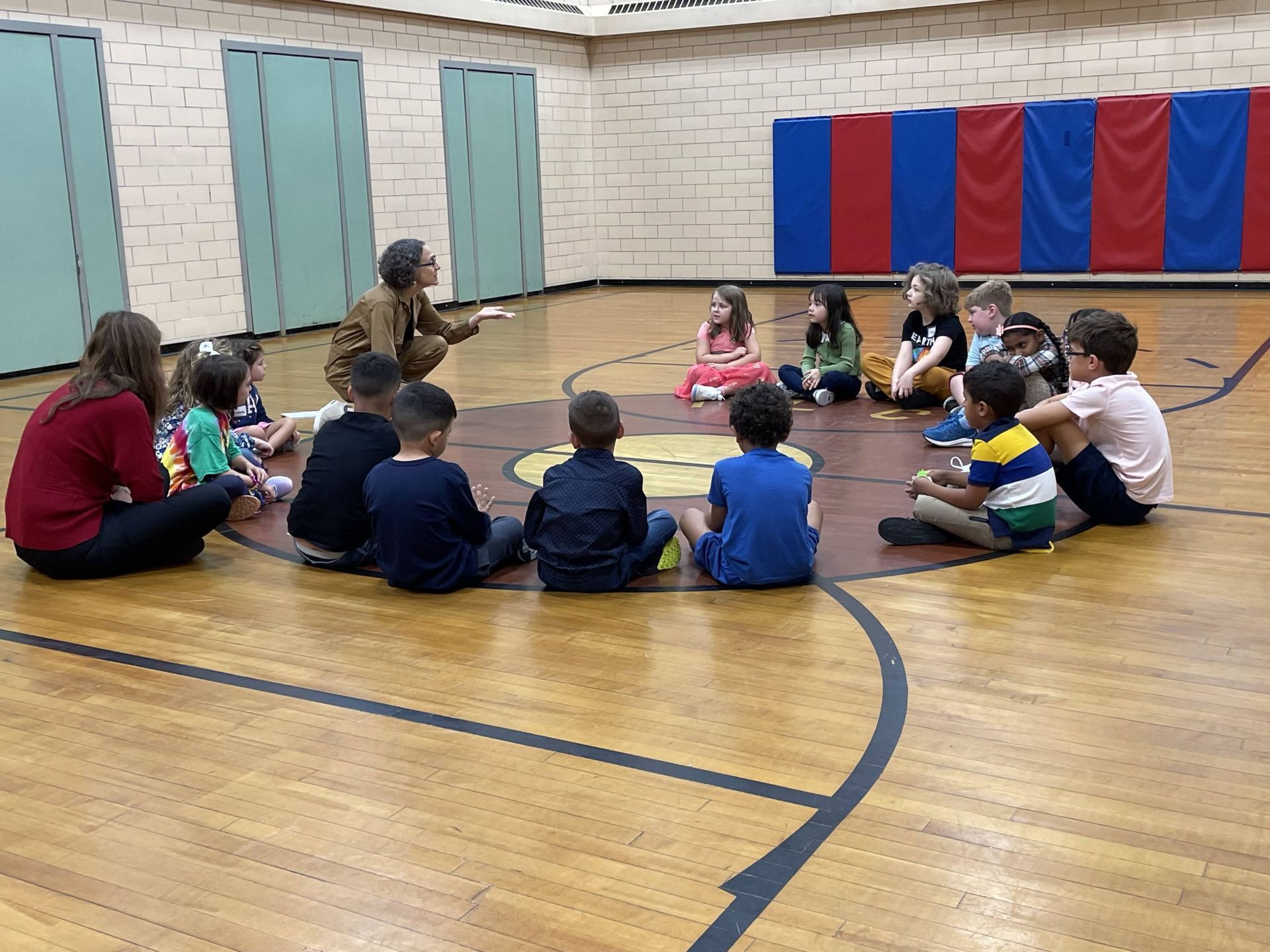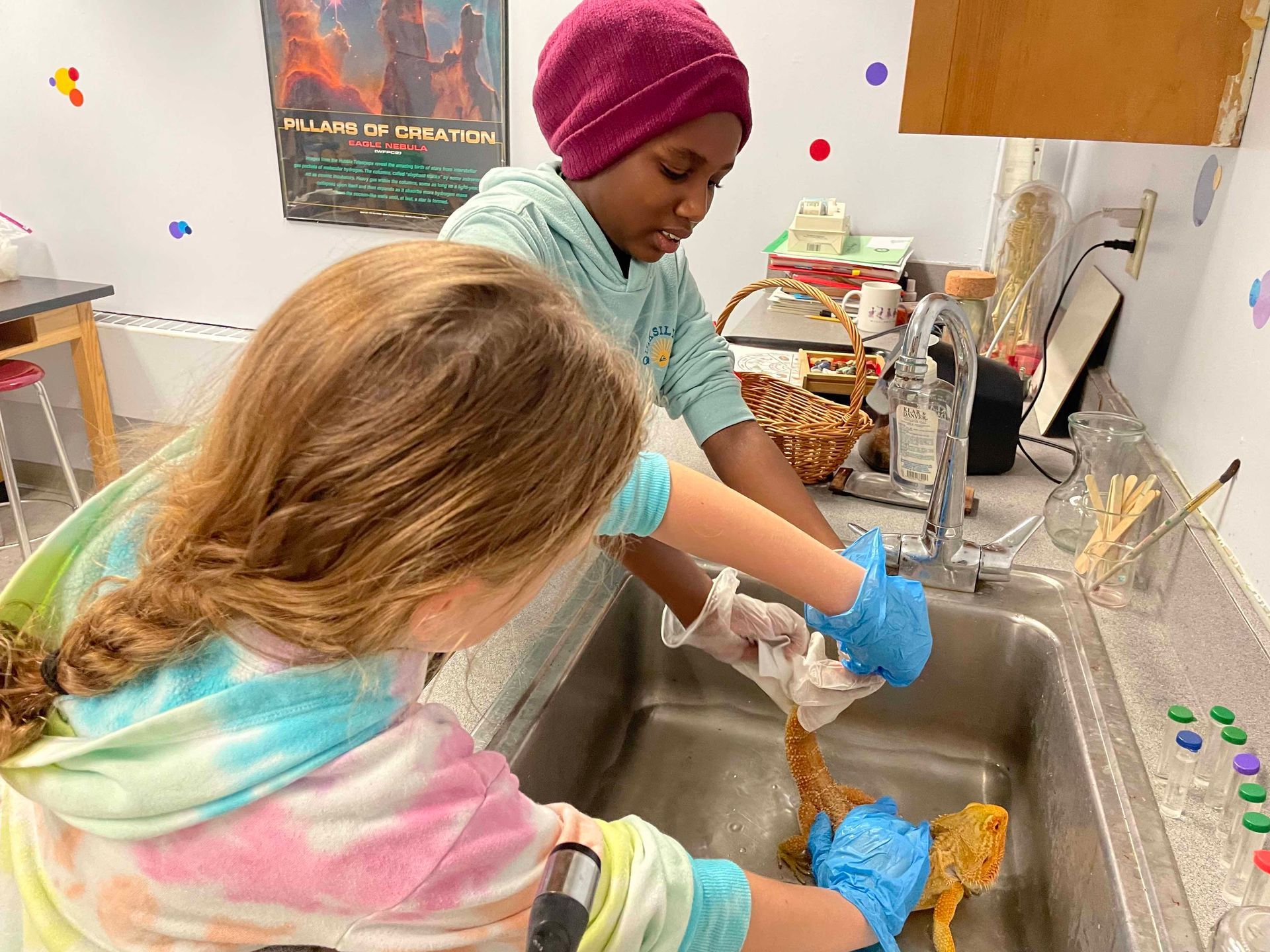
"In schools, there can be no education unless discipline is first obtained…" – Maria Montessori, The Formation of Man
Discipline. What does this word mean? Does it mean: Definition from Merriam-Webster Dictionary
1: to punish or penalize for the sake of enforcing obedience and perfecting moral character or
2: to train or develop by instruction and exercise, especially in self-control
In a Montessori classroom, where students have the freedom to choose, discipline means developing self-control. Teachers begin the school year by coaching students to become aware of their actions. As such, during our first full week of school and for the next few weeks, students practice walking quietly in a line, setting and cleaning up their table space for snack and lunch, working on individual and collaborative work, speaking in indoor voices, tying shoes, organizing their personal belongings, and managing their bodies. By practicing these seemingly mundane practices daily, students learn to monitor and regulate their behavior so that the whole classroom can work harmoniously.
Discipline develops a rhythm for work
With discipline, students develop a rhythm for daily work. They learn to respect their own work space and regard each other as peers working in a team. As students learn to manage themselves, they get the freedom to choose work. The activities in the classroom transition from being teacher-led to student-led.
Discipline leads to freedom
A child who is disciplined can handle the freedom to move freely in the school, develop trust among peers and enjoy a variety of independent work. Most students develop this balance between discipline and freedom within a couple of months of school. Maria Montessori called the stage of achieving this balance ‘normalization.’
Discipline becomes a way of life
Students develop positive habits and can focus on big ideas and large projects. They develop a culture of excellence. Students can set goals and achieve them.
As students transition from the laid back pace of summer to the rhythm of the classroom, teachers create many opportunities to ease their way back to work. Through community building games, class meetings, new lessons, and time to connect with friends, students slowly develop the discipline to work and the freedom to choose. How do you promote discipline at home? Invite your child to compare some of the rules at home and school.
Rupali Sharma
Director



